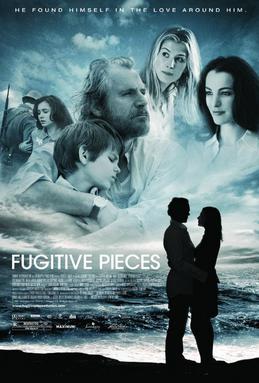 |
| Gary Oldman and Ben Mendelsohn in Darkest Hour |
Clementine Churchill: Kristin Scott Thomas
King George VI: Ben Mendelsohn
Elizabeth Layton: Lily James
Neville Chamberlain: Ronald Pickup
Viscount Halifax: Stephen Dillane
Sir John Simon: Nicholas Jones
Anthony Eden: Samuel West
Clement Atlee: David Schofield
Director: Joe Wright
Screenplay: Anthony McCarten
Cinematography: Bruno Delbonnel
Production design: Sarah Greenwood
Film editing: Valerio Bonelli
Music: Dario Marianelli
Joe Wright's Darkest Hour starts off well as a story of backstage power plays in the runup to World War II, after Neville Chamberlain's attempts at making peace with Hitler had so notably failed. If it had stayed on this level, we might have had an absorbing drama about the way history gets shaped in secrecy, with backbiting and one-upmanship as the forces that drive the world. But instead, we have to have yet another take on Winston Churchill, and not a particularly novel one at that. Gary Oldman's Oscar-winning performance carries the movie much further than it deserves to be carried after the biopic clichés begin to fly. The most egregiously bogus moment comes near the end, when Churchill decides to ditch the car that's taking him to Westminster to deliver the decisive "never surrender" speech that puts the kibosh on Chamberlain and Halifax's desire to initiate peace talks after the disaster at Calais and the rescue from Dunkirk. So Winston, cigar protruding, descends into the Underground to talk to The British People and to get their advice on whether Britain should talk or fight. It's a badly written scene that even includes Churchill inventing that old joke about how all babies look like him. In addition to the working-class folks, there is a token black man, representing the Empire. They all assure him that they will fight them on the beaches and in the streets, and Churchill is so emboldened that he goes and tells Parliament just that. My objection is not that the scene never happened, but that the filmmakers' imaginations were so constricted that they had to invent this implausible scene to explain Churchill's overcoming his doubts and fears. Churchill was a more complicated man, and the politics surrounding him so much more intricate and fierce, than this feeble fiction suggests.
